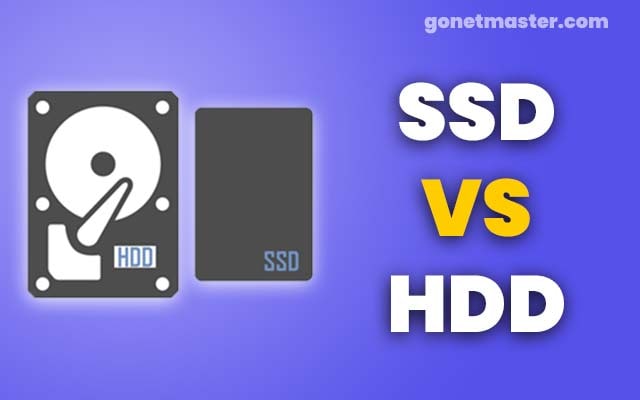In the realm of computer storage, the rivalry between Solid State Drives (SSDs) and Hard Disk Drives (HDDs) has sparked a debate that continues to shape the computing landscape.
Both storage technologies have their own strengths and weaknesses, and understanding their differences is crucial when making informed decisions for your digital needs.
In this article, we'll delve into the SSD vs. HDD showdow
n, exploring the attributes of each and helping you choose the right storage solution for your requirements.
SSD vs HDD
In the world of data storage, Solid State Drives (SSDs) and Hard Disk Drives (HDDs) represent two contrasting approaches.
SSDs employ flash memory for rapid data retrieval, resulting in faster boot times and smoother application performance. They're compact, energy-efficient, and more durable due to their lack of moving parts.
On the other hand, HDDs rely on spinning disks and mechanical arms, offering larger storage capacities at a more economical price.
While SSDs excel in speed and reliability, HDDs remain a cost-effective choice for mass storage needs. When choosing between them, consider your priorities: speed and efficiency or affordability and capacity.
1. Speed and Performance:
One of the defining differences between SSDs and HDDs is speed. SSDs rely on NAND flash memory, offering lightning-fast read and write speeds. This results in quicker boot times, faster application loading, and smoother overall system performance. On the other hand, HDDs use spinning platters and mechanical arms, leading to slower read/write speeds and longer access times.
2. Durability and Reliability:
SSDs are inherently more durable due to their lack of moving parts, making them less susceptible to physical damage caused by shock or vibration. HDDs, with their delicate spinning disks and mechanical components, are more prone to failure when subjected to impact.
3. Capacity and Cost:
When it comes to storage capacity, HDDs traditionally have the upper hand. They offer larger capacities at a lower cost per gigabyte, making them suitable for storing massive amounts of data such as movies, photos, and files. SSDs, while offering substantial storage, tend to come at a higher price point.
4. Form Factor and Noise:
SSDs are compact and lightweight, making them ideal for laptops, ultrabooks, and slim devices. They also generate minimal heat and produce virtually no noise due to their lack of moving parts. HDDs, on the other hand, are bulkier, emit noise from spinning disks, and can contribute to higher heat levels within a system.
5. Power Efficiency:
SSDs consume less power compared to HDDs. This power efficiency is particularly beneficial for laptops, as it can extend battery life and reduce energy consumption.
6. Longevity and Lifespan:
While both SSDs and HDDs have a limited lifespan, SSDs tend to have a longer overall life due to their lack of mechanical wear and tear. However, SSDs can experience wear on their NAND cells over time, leading to a decline in performance.
7. Choosing the Right Option:
Selecting between SSDs and HDDs depends on your priorities. If speed, durability, and a seamless computing experience are paramount, SSDs are the way to go. If you require ample storage space at a more affordable cost, HDDs are still a viable option for archiving large files.
Conclusion:
The SSD vs. HDD debate ultimately boils down to what you value most in a storage solution. SSDs offer blazing speed and reliability, making them an excellent choice for operating systems and frequently used applications.
Meanwhile, HDDs provide larger capacities at a lower cost, making them suitable for bulk storage needs.
Consider your usage patterns, budget, and overall system requirements to determine which technology aligns best with your computing goals, ensuring an optimal storage experience tailored to your needs.

